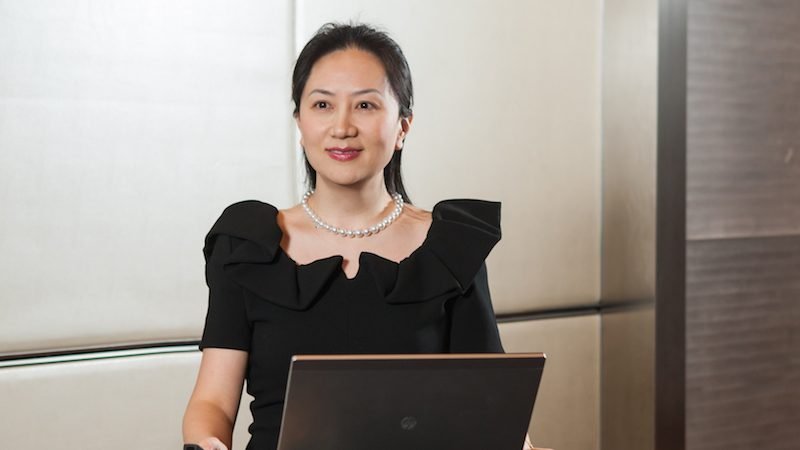The arrest of Huawei’s chief financial officer Meng Wanzhou sparked a major international dispute between China and the US.
The senior Chinese telecoms executive is being accused of committing fraud when she lied about links between Huawei and a shell company used to sell telecommunications equipment to Iran in breach of US sanctions, Canadian prosecutors told a Vancouver court.
The arrest of the daughter of the telecom giant’s founder Ren Zhengfei, has angered the Chinese government, raising concerns that it could disrupt a trade war truce between the world’s two largest economies.
Huawei has long been the centre of international controversy, mainly due to allegations that it uses its technology to spy on other countries but these concerns have not stopped the Maltese government from partnering up with the Chinese company.
US intelligence agencies – including the CIA, FBI, and NSA – have all spoken out against Huawei since the company was banned from bidding for government contracts in 2014, after being flagged as a national security threat.
Huawei’s founder, Ren Zhengfei, was a member in communist China’s People’s Liberation Army. There are strong concerns on his possible ties to the Chinese government and military and on the possibility that Chinese companies overseas could be legally obliged to engage in espionage.
China’s National Intelligence Law states that Chinese “organisations and citizens shall . . . support, co-operate with and collaborate in national intelligence work”.
New Zealand, the US and Australia have closed the door on Huawei’s involvement in their next-generation mobile networks, whilst Canada is carrying out a security review of Huawei’s products.
Japan plans to ban government purchases of equipment from Huawei, according to Reuters, and The Financial Times said that Germany is becoming increasingly wary of the telecoms giant.
Moreover, Britain’s BT will not buy equipment from Huawei for its next generation technology and will be removing Huawei’s equipment from its core 4G network.
Only last Friday the EU’s technology commissioner Andrus Ansip said EU countries should be worried about Huawei and other Chinese technology companies because of the risk they pose to the bloc’s industry and security.
In contrast, the Maltese government appears keen to use Huawei’s technology. In 2015, Prime Minister Joseph Muscat had heaped praise on Sai Mizzi – the wife of Tourism Minister Konrad Mizzi – for attracting the company to Malta.
Despite being barred from participating in the creation of telecoms infrastructure in various countries, Muscat had announced a Huawei deal on 4.5G and 5G networks in Malta.
Then two months ago, Muscat announced that facial recognition technology was to be introduced in Malta using Huawei technology. The idea has since been dismissed with the Head of MFSA Joseph Cuschieri saying that instead Huawei’s advanced video surveillance would be deployed in various Maltese localities.
This would still need clearance from data and privacy controllers at national and EU level, however it is not clear whether Malta is taking into consideration international concerns about Huawei’s technology being used as a vehicle for espionage and a threat to national security in making Huawei its partner of choice in all these projects.












